|
Today my guest is video game developer, painter, 3D artist, and visual FX artist Matt Waggle. In the gaming world he has contributed as an artist in games such as Halo 3 and America's Army 3. You can view more of his work at his website: http://wattmaggle.com Brian Riggsbee: What inspires you as an artist? Have your inspirations changed throughout the years? Matt Waggle: Anything in the Arts or Sciences that touches on the topics of the nature of reality or simulated realities currently. I see a lot of what we're doing in games as a pre-cursor to something even more evolved and impactful on our future - very sophisticated tele-presence and true vr immersion. I think getting there - creating these World Systems where we can not only play but experiment and interact limitlessly with no lasting consequence or material cost is very important. This has evolved from the root of loving video games and wanting to make them. But as I've matured I don't feel games have enough, so I want to inspire ideas about advancing tech into something new and complimentary to this reality. BR: What is your process like when painting v. creating digital work? Do you find one to be more relaxing, fulfilling, or challenging? 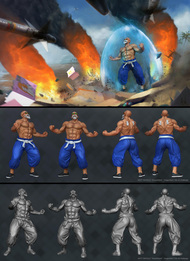 MW: The concept of the paintings are these figures lost in between space time. Sort of glitched into a bad sector of realities hard drive. I want the viewer to think of things along that nature. In games we make worlds. Crude by comparison to this one but getting more sophisticated all the time. I envision a day where virtual World Systems will become just as important as this one to many people. My process currently uses 3d to construct a scene - I spent the last 10 or so years learning 3d and I love being a little 3d demigod creating these vertices and connected faces then building the scene with lighting and materials and shooting the subject with cameras I place. In the real world this would cost 10s of thousands of dollars. I never want to stop using that tool. When the scene is blocked out like this I render an image and switch to more traditional techniques in Photoshop Painting over, scumbling, adding textural interest you can only really find in the expression of painting - the marks you leave behind is like a conversation with the viewer. I was angry here, I was solemn in here, I was gentle in this one, etc. I haven't done much physical work - you can say I'm a student in that. I'm lucky to have a great painter for a roommate and a whole year to mess around so I will be learning how to pull these images out of the digital world into the real one and look forward to the challenge. BR: Describe the difference between creating art for yourself v. for a company. 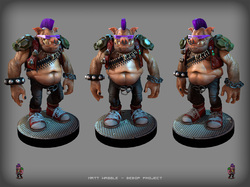 MW: Making art that is your own expression is hard - I had to learn to allow myself to do it. Maybe more accurately unlearn some of what I was told to believe growing up. I'm still learning and it's becoming an obsession now. Which I believe it should. There's a certain vulnerability you have to expose yourself to when making your own art - your putting it out to the world and asking - is it ok to survive on this? When you're starting out the answer is no no no no over and over. This is something so few persevere through - to somehow get to the yesses. And the only way to get there is to keep working on your art. Don't compromise. You will suffer through the no period but I believe it is possible for anyone to also get to the yes period and survive while living as just an artist to me is the ultimate expression of freedom. Creating art assets for a company can be very fulfilling. It can be very frustrating too. The main difference is that you are not in charge really. Even if you were Art Director at the best studio you are still satisfying so many requirements. So there's a framework you must operate in and restrictions of time and technology. It can be nice to work within challenges like that. And it can also be frustrating. BR: Is there something you created for a company that you completely dreaded working on? MW: At my core I really hate repetition. I am happiest solving problems in creative ways, once the problem is solved I move on to the next challenge. The nature of game art is sometimes very repetitive. So - making 50 bushes - tiling textures etc. can be bad for me, I can get a bad attitude about it. I see some developments in procedurally generated stuff which may alleviate the problem. Example: I solve the problem of a seed - then grow 50 random bushes. BR: In the gaming world, many companies opt to outsource part of their 3D creations to other countries. What are your thoughts on this? MW: I think the US games industry needs to grow up a little. These outsourcing firms are tenacious and resourceful and leverage internet power to take jobs from the US. The big centralized studio is old school and narrow in vision. We are in the midst of a transition in society - especially in the tech field. What I see happening are lots of "strike teams" of freelancers being formed. Teams of 5-10 who all know each other and vet each other - they form up. They then offer themselves as an outsource team to companies. Think of the 24 hour cycle - If you had a team split in opposing time zones you could conceivably produce work 24 hours a day and communicate online. What other industry can say that? I'm online daily with people on the East Coast, UK, Netherlands, Middle East, etc. and communication is very fluid. Even better than it is in some offices. I think big studios are looking for a scalable model for their production and these small teams working through virtual hubs might be a great way to have that. So outsource more? - which is weird to say but it's inevitable. Try to create a manageable sized team with little overhead - then offer your experience and ability as an entire team. BR: For artists out there looking to start a career in gaming, what advice can you offer them? MW: I got my first Game Artist job through a friend. I got my last Game Artist job through a friend. Put yourself among the people and places doing what you want to do or it will be much harder to find peers. QA is a great way to get started - My first job in the industry was doing QA for SEGA. Find what you like to do and specialize in it. Define your process and only alter it to make an improvement. Embrace the iterative process. Make yourself indispensable somehow. Don't take things personally - it's a job. Stick up for yourself. Don't work for free. Be the solution not the problem. Put your art out there as much as possible. Work every day. Have principles and stick to them. Take care of your body and mind and your life. Look everywhere for inspiration. Read at least 1 book a month. Use post it notes and Google spreadsheets. etc. BR: What do you find to be the most frustrating aspect of game development?  MW: Mouse and keyboard and sitting on your ass for such a large part of your life. It feels very primitive like a stick and a rock and it hasn't fundamentally changed for 20+ years. To me this is inexcusable. But I'm hopeful with new developments like the Oculus Rift etc. we'll see better human/machine interfaces. Obviously this ties in with my love of VR. BR: What are you working on right now or plan to start soon? MW: I bounce around a lot. Currently I'm splitting my days painting and working on an animation featuring a character entering a VR rig - in the hopes of promoting better human/machine interfaces. Trying to get 10 more digital paintings done and then transfer them to real world oil paintings this year. BR: What are your favorite video games of all time? What are you playing now? MW: This is too hard to answer for me - there are so many in the past that I've really loved. I'll just say Minecraft for now - The good it's done in the world is hard to measure against any other game.
I kind of jump in and play shooters - CS:GO, Hawken, and just finished the Titanfall Beta. Apx 20 minute sessions once or twice a day then back to work. Looking forward to Dark Souls 2 - going to lose a few days to that I'm sure!
0 Comments
|
AuthorBrian Riggsbee lives in San Francisco CA. He enjoys gaming, writing, creating art, practicing Brazilian Jiu-Jitsu, chasing adorable dogs, and spending time with his wife and boy. Categories
All
Archives
December 2022
|
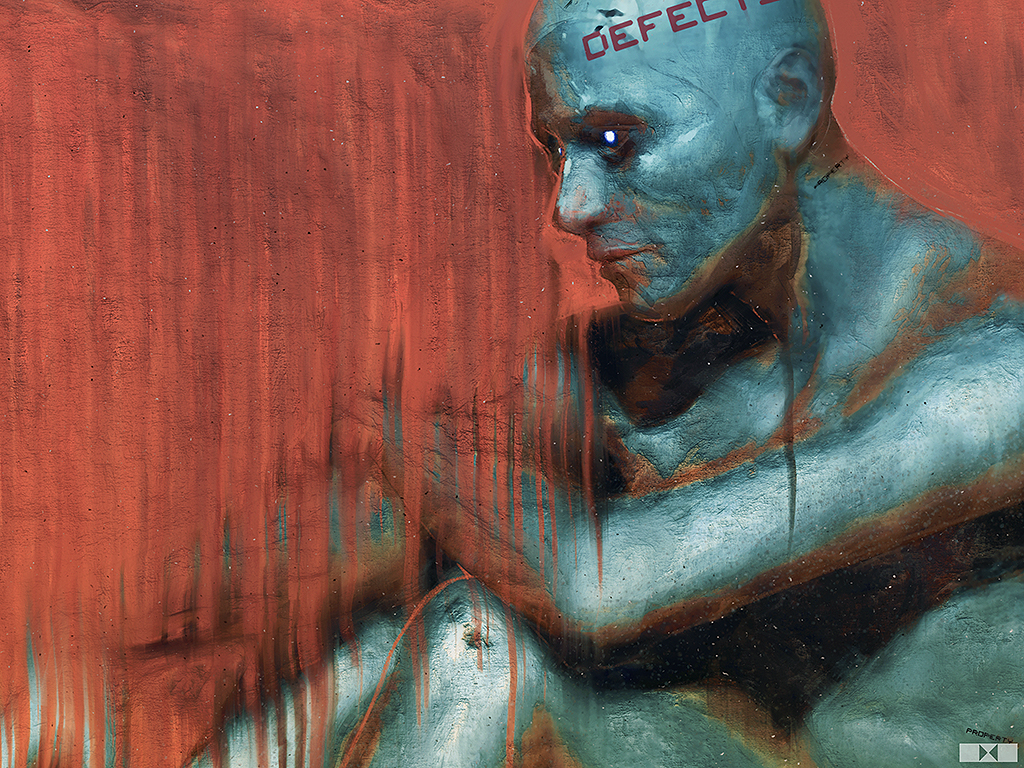
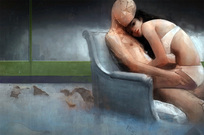
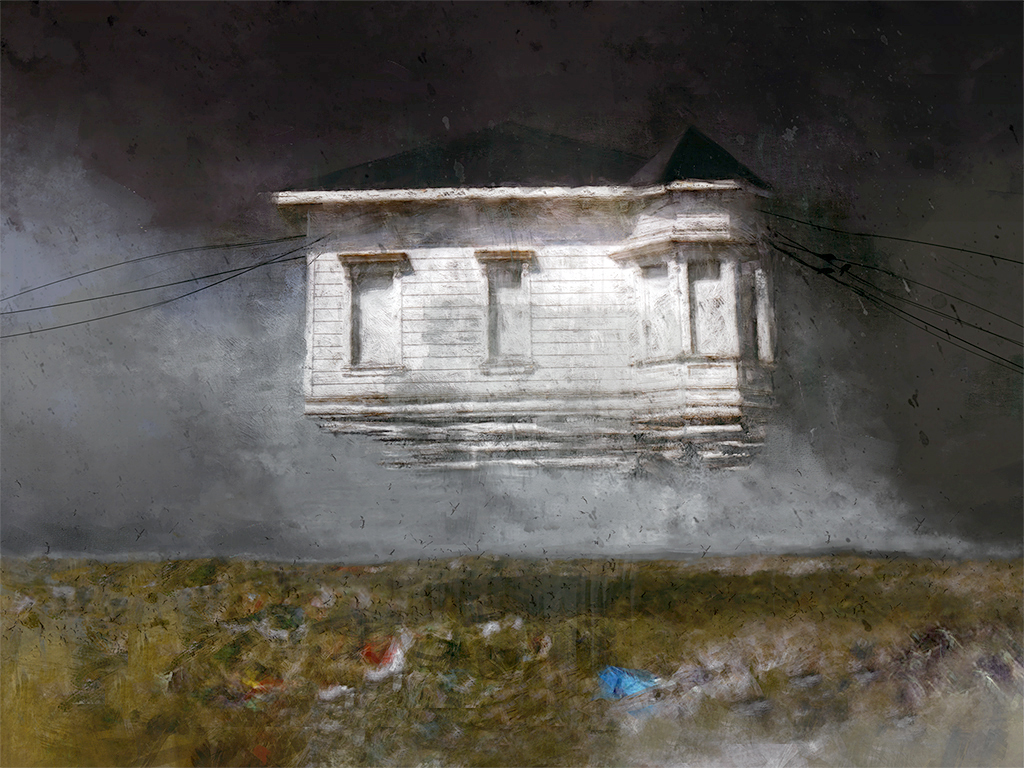
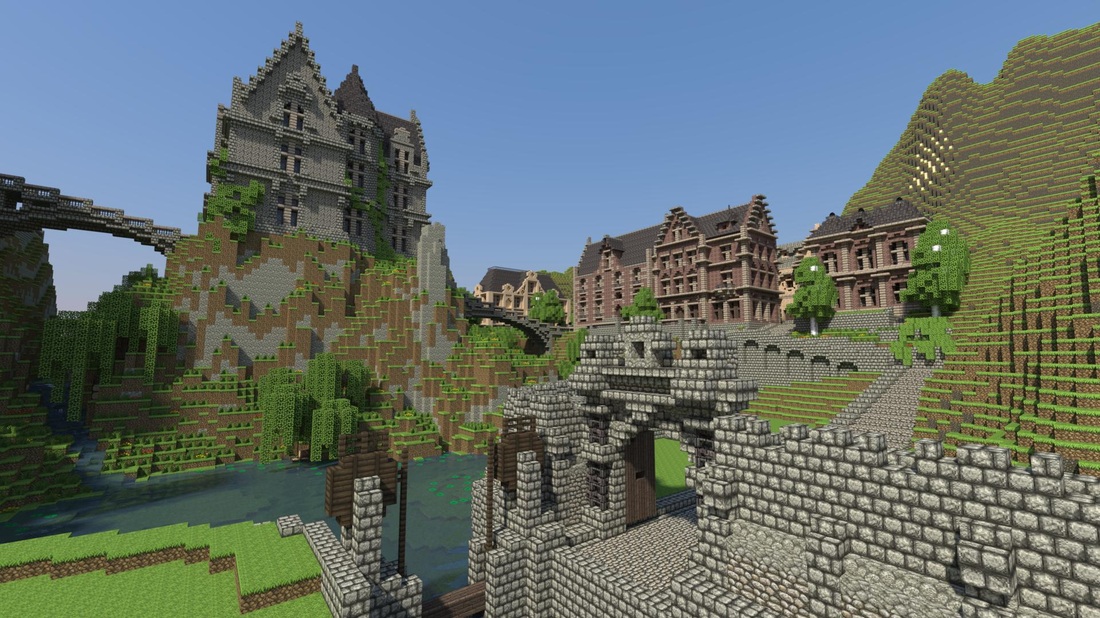
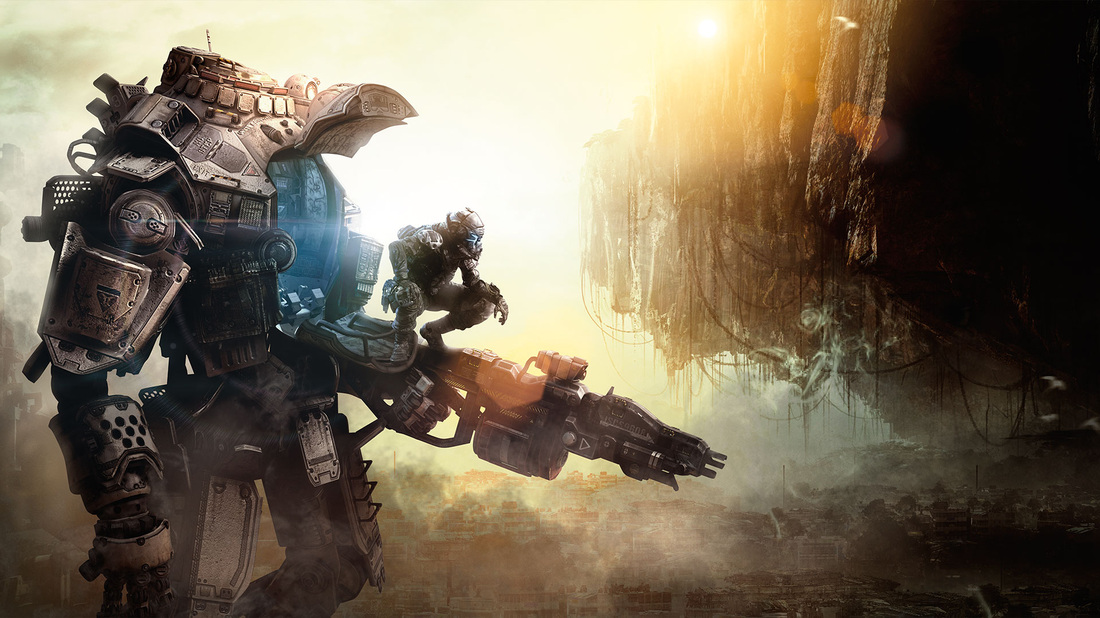
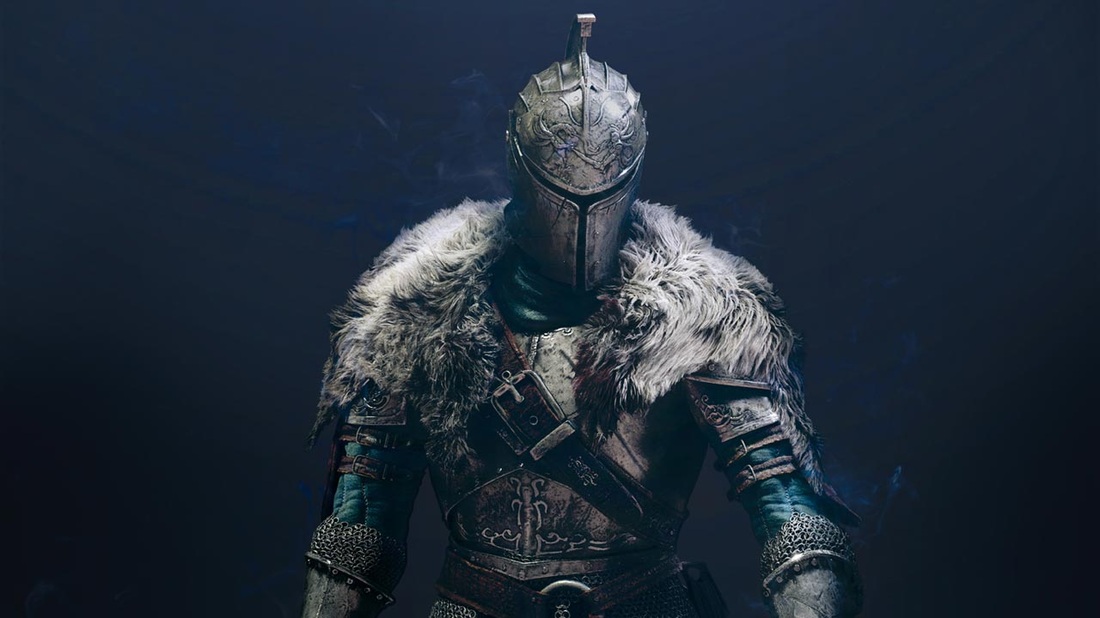
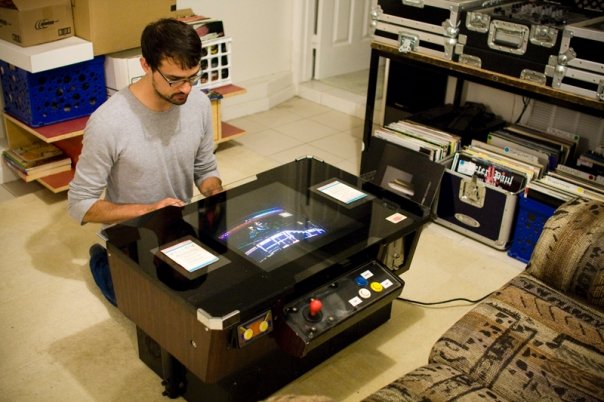
 RSS Feed
RSS Feed